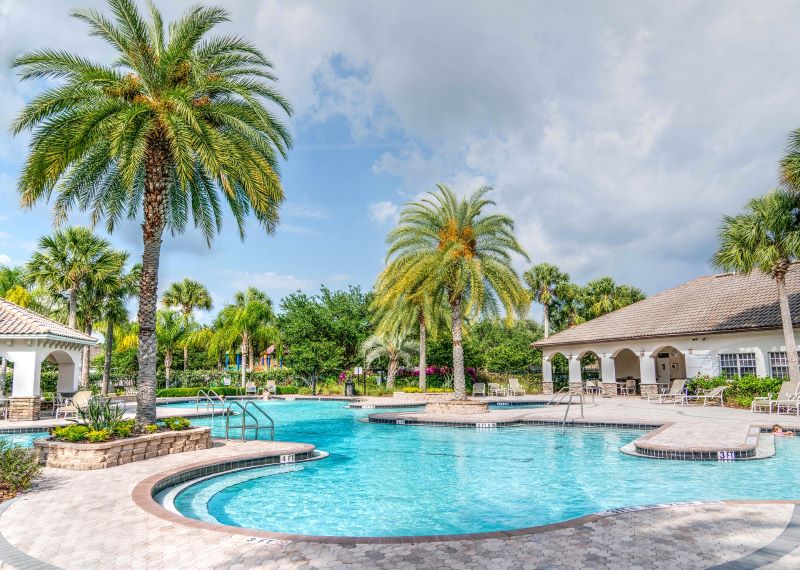The warm weather has arrived, and with it comes the long-awaited swimming pool season.
Because pools appeal to such a wide range of residents – infants, retirees, families, fitness seekers, sunbathers, couples, and individuals alike – they are an attractive and important amenity for a lot of area community associations.
But before the fun in the summer sun can officially begin, associations first must get the pool ready for the influx of community members and their guests.
Here is a quick checklist with helpful tips for your community association’s swimming pool:
- Call ahead – Since most pools in our area reopen around the same time each year, the companies that clean and service them can get extremely busy, extremely fast. Failing to contact them early may mean you have to keep the lock on your swimming pool gate a little longer than expected.
- Follow the rules – Swimming pools within residential communities are designated as commercial and, therefore, are subject to federal, state, and local laws and guidelines. Commercial swimming pools must also pass an annual inspection and receive permits, both of which are handled by your county’s health department.
- Play it safe – professional community managers and association boards of directors should keep in mind the Virginia Graeme Baker Pool and Spa Safety Act requirements, which include:
- Make sure gates, latches, and perimeter fencing are in working order
- Repair shifting sections of concrete decks equal to or greater than one-quarter inch in height and/or length
- Ensure the pool and equipment are properly grounded
It’s best practice to have a licensed electrician certify the grounding. To prevent potential washouts under the decking, it’s also a good idea to have an annual inspection performed on the concrete deck sealant.
- Skip the salt? - Hoping to save money and avoid the use of chlorine, some associations have, in recent years, converted to saltwater swimming pools. However, many have discovered that saltwater swimming pools are not totally chlorine-free, and operating costs may actually be higher, not to mention the up-front investment of converting a pool to saltwater.
Saltwater swimming pools have generators that convert the salt solution into chlorine. If you are switching to a saltwater swimming pool, be sure to purchase a commercial-grade chlorine generator, not a residential one, as residential generators may not produce enough chlorine to keep chemicals properly balanced.
Some associations that made the change to saltwater have since reverted to chlorine pools because of the higher-than-anticipated operating cost. Chemical monitoring equipment may be the best solution for keeping costs lower, as well as improving water quality and maintaining a safer chemical balance.
- Don’t forget the furniture – When considering swimming pool safety and aesthetic appeal, don’t overlook patio furniture, slides, and other structures. It’s important to inspect these implements and make any needed repairs. Many local companies can refurbish and re-strap pool furniture to avoid the cost of full replacement.


